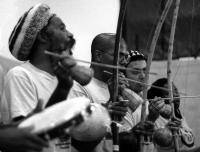
1. Aim to learn the ginga well. Remember that it is the main movement of capoeira, the first to be taught and, consequently, its base.
2. Every good capoeirista, besides playing capoeira, must know how to play the berimbau and sing. Learn these.
3. When you are playing, only execute capoeira movements of which you have complete control.
4. When you play with a stranger, don’t show all of your game. Save your best hits for the decisive hour, if necessary.
5. The graduated capoeirista who still finds difficulty in learning a certain capoeira movement must stop doing it, trying instead to perfect himself in the movements that he has already learned.
6. Only after acquiring good technique through the execution of attack movements in a slow and progressive manner should the capoeirista worry about speed and, consequently, with the power of his blows.
7. When practicing capoeira, keep your hands relaxed. If you make a fist for a brief instant, relax it immediately. The closed fist is completely foreign to capoeira’s characteristics, which consist of relaxed movements that allow the free circulation of the blood, and thus the execution of more spontaneous and agile movements.
8. Wherever the capoeirista is, capoeira must accompany him. The body and the spirit must be prepared for any situation
9. Observe your more experienced training partners. If you do this, you will learn better.
10. While playing capoeira, do not apply aggressive hits, grappling, and kicks below the waist of your partner with players who are more experienced than you.
11. Try to play without touching your body to the ground. Only the hands and the feet must touch the ground. The best capoeiristas used to play in white clothes without dirtying them.
12. Only enter a roda when you are already completely prepared for capoeira.
 а?
а?
 а?
а?
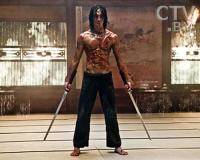 такое вот предложение)
такое вот предложение) _____________________________________________
_____________________________________________ и так правила таковы
и так правила таковы 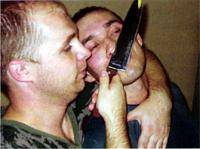 Уголь, сера и селитра – обычные вещества для необычного результата. Именно из такой в буквальном смысле гремучей смеси в определенных пропорциях в Средние века получали порох. Причем, порох этот был под стать более позднему своему аналогу. Оружейные мастера в те времена вообще были, хоть и в малом количестве, зато истинные профессионалы. Так, секреты оружейного дела передавались от учителя к ученику, оставляя крупицу знания для этого сложного и окутанного дымкой тайны мастерства.
Уголь, сера и селитра – обычные вещества для необычного результата. Именно из такой в буквальном смысле гремучей смеси в определенных пропорциях в Средние века получали порох. Причем, порох этот был под стать более позднему своему аналогу. Оружейные мастера в те времена вообще были, хоть и в малом количестве, зато истинные профессионалы. Так, секреты оружейного дела передавались от учителя к ученику, оставляя крупицу знания для этого сложного и окутанного дымкой тайны мастерства.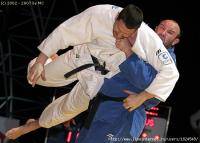 Уважаемые организаторы, ответьте пожалуйста на мой вопрос:
Уважаемые организаторы, ответьте пожалуйста на мой вопрос: Бойцы!пишем кто как питается...
Бойцы!пишем кто как питается...
 Кто что думает по этой теме?
Кто что думает по этой теме?
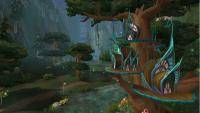 скала*
скала*
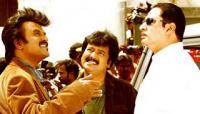 Всем привет!
Всем привет!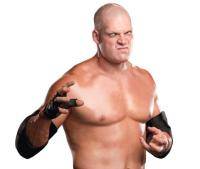 Кто на ваше мнение лучший?
Кто на ваше мнение лучший?
 1. Aim to learn the ginga well. Remember that it is the main movement of capoeira, the first to be taught and, consequently, its base.
1. Aim to learn the ginga well. Remember that it is the main movement of capoeira, the first to be taught and, consequently, its base. Дело в том, что есть пояс 10 дана черный,как у Оямы(с 10-ю золотыми полосками) и есть красный пояс 10-го дана,как у Йона Леминга. В чем разница?
Дело в том, что есть пояс 10 дана черный,как у Оямы(с 10-ю золотыми полосками) и есть красный пояс 10-го дана,как у Йона Леминга. В чем разница?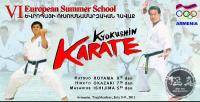 Уже несколько лет поговаривали о том чтоКекушин станет олимпийским видом спорта. Время идет, а его еще не добавляют. Из-за этого спрашиваю- может кто-нибудь знает когда Кекушин уже добавят?
Уже несколько лет поговаривали о том чтоКекушин станет олимпийским видом спорта. Время идет, а его еще не добавляют. Из-за этого спрашиваю- может кто-нибудь знает когда Кекушин уже добавят?
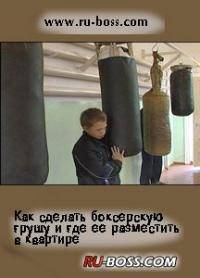 ...
...
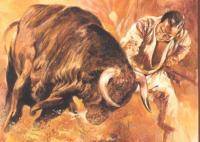 YES
YES
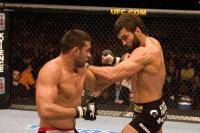 Андрей Арловский может выступить в Мировом Гран-При K-1 FINAL 16. Во всяком случае он появился в списке бойцов за участие которых можно проголосовать на официальном сайте организации. Хотите увидеть Андрея в К-1, то вам сюда http://www.k-1.co.jp/en/poll/vote.php?vote_id=107 четвертая позиция снизу.
Андрей Арловский может выступить в Мировом Гран-При K-1 FINAL 16. Во всяком случае он появился в списке бойцов за участие которых можно проголосовать на официальном сайте организации. Хотите увидеть Андрея в К-1, то вам сюда http://www.k-1.co.jp/en/poll/vote.php?vote_id=107 четвертая позиция снизу.  давайте чтоб не путатья,пишем по одному вопросу который вас больше всего интересует,как набереться вопросов 30-50 нормальных вопросов,отправим письмо,ну пожедания и т.д.жду ваших коментариев
давайте чтоб не путатья,пишем по одному вопросу который вас больше всего интересует,как набереться вопросов 30-50 нормальных вопросов,отправим письмо,ну пожедания и т.д.жду ваших коментариев
 помоему пара вообще супер)
помоему пара вообще супер)
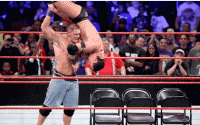 Сна!
Сна!